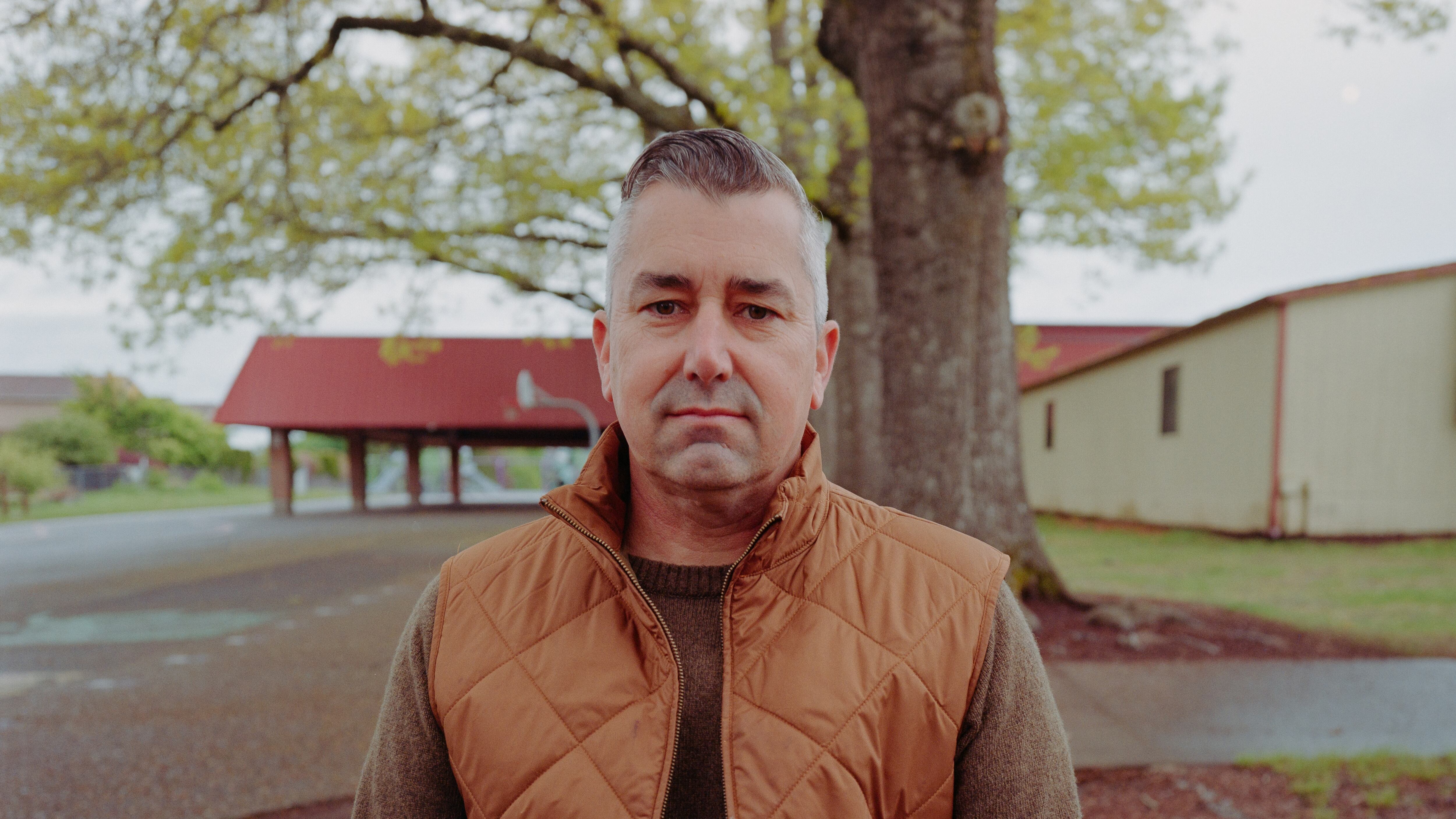Seven weeks ago, Multnomah County District Attorney Nathan Vasquez held a press conference where he railed against proposed cuts to his office in County Chair Jessica Vega Pederson’s proposed budget for fiscal year starting July 1.
Among Vasquez’s complaints: Vega Pederson was taking $23 million from the county’s general fund to fill shortfalls in homeless services while cutting community justice.
“That’s almost half of my budget that she pushed over there,” Vasquez said. “This is a direct move in the wrong direction for this community.”
Vega Pederson and Vasquez traded press releases after the event, each disputing the other’s math on the cuts. Vega Pederson called out Vasquez’s tactics, too. “No one jumps the line and gets special treatment because they go on TV and talk loudly,” she said.
Special treatment or not, Vasquez’s tactics appear to have worked. When the Multnomah County Board of Commissioners wrapped up two months of debate yesterday and approved its $4 billion budget, Vasquez’s office came out unscathed with $56 million. Even his Organized Retail Theft Task Force, the subject of another media meeting, survived.

Vasquez was successful in large part because he reached an audience of two: County Commissioners Julia Brim-Edwards and Vince Jones-Dixon. In a statement yesterday, Vasquez thanked the pair “who fought both publicly and behind the scenes to ensure we received the resources necessary to do our jobs.”
Brim-Edwards says she was “committed from day one” to maintaining the public safety budget, but she appreciated Vasquez’s use of data, especially on car thefts, to show why cuts to that program and others would be a mistake. One-car families, especially, in her Southeast Portland district suffer when their vehicle gets stolen, she says.
“This was a high priority for me,” Brim-Edwards said.
During the budget process, county leaders talked about their fiscal position in apocalyptic terms. Over and over, they cited lower-than-forecast revenues from Metro’s supportive housing services tax, which pays for much of the work done by Multnomah County’s Homeless Services Department.
Atop that, the county had a $15.5 million shortfall in its $897 million general fund, the largest pool of unrestricted dollars. The general fund is filled by real estate taxes, and property values downtown had been declining, lowering owners’ tax bills.
The weeks of debate focused mostly on the general fund because commissioners had discretion there. While they penny-pinched and haggled, the Preschool for All Fund took in more tax receipts, adding to the almost $500 million it held a year ago.

The budget process began in April, when Vega Pederson released her proposed budget. Given the economic gloom, she proposed to eliminate 102 positions across the county, make cuts to homeless services and communicable-disease tracking, and eliminate a program that assigns nurses to first-time mothers. Other goners: the county’s campaign finance program (new in the current fiscal year), its passport and ID service, and a joint city-county program aimed at phasing out gas-powered leaf blowers by 2028.
Vasquez’s office was slated for a 5% cut, he said at the time.
For the next two months, commissioners scrambled to save programs they deemed important. For Brim-Edwards and Jones-Dixon, many of those programs were in public safety. They co-sponsored an amendment to the budget to provide $500,000 for the retail task force and another one aimed at car theft, which soared during the pandemic.
Among other things that returned from the dead during deliberations: school-based mental health consultants. After public outcry at Vega Pederson’s proposal to cut them, the board voted unanimously to provide $834,000 for five full-time positions.
The board also revived job-training programs for homeless people, which had been defunded in Vega Pederson’s budget. Commissioner Shannon Singleton and Brim-Edwards offered an amendment to restore $2.9 million, and it passed unanimously.
The board also unanimously approved an amendment sponsored by Commissioner Meghan Moyer to expand the work of the Homeless Mobile Intake Team by $500,000 to reach people with severe and persistent mental illness.
The department that runs the mobile program—Multnomah County Human Services—took a $3.75 million hit, which, the county said, will affect its administration and its Youth and Family Services and Aging, Disability and Veterans Services divisions.
“There are no ‘good cuts’ in a county budget,” Singleton said in a statement. “There are simply policy decisions. Our work ensures there is a safety net for our most vulnerable friends, family and neighbors.”
Moyer echoed that sentiment.
“I would have preferred to be passing my first Multnomah County budget with a better revenue forecast,” Moyer said in the release. “However, I’m proud that I did everything I could possibly do to preserve jobs and services.”
Today, the county published a spreadsheet of all the amendments.

